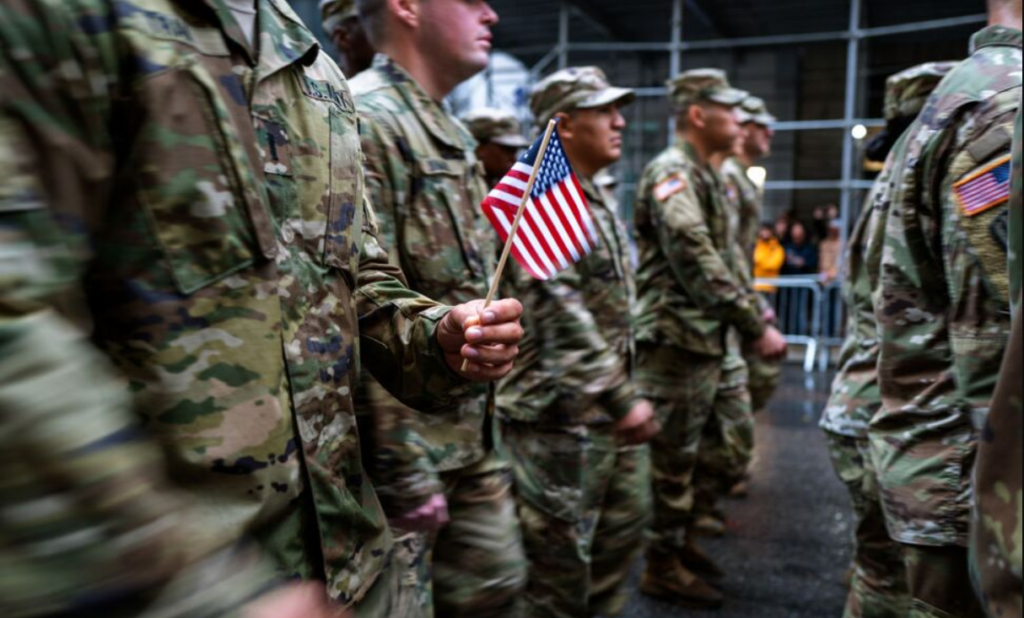Veterans’ Mental Health: War’s Aftermath 2023

Since the 2003 U.S. invasion of Iraq, millions of Americans have served in the military. Even though U.S. personnel are no longer in Afghanistan and Iraq, too many service members still have trouble getting mental health care.
Avoiding veterans’ mental health needs might cost lives. The Costs of military study at Brown University predicted that over 30,000 active-duty and post-9/11 military veterans had committed suicide in 2021. Quadruple combat losses.
To deal with unseen combat traumas, veterans may abuse drugs. Veterans typically wait too long for drug use disorder therapy.
Veterans with mental health resources may hesitate to accept care. Some veterans fear being judged if they seek therapy since military culture values toughness and self-reliance. Wounded Warrior Project offers free mental health services to post-9/11 veterans, but many refuse out of fear of stealing resources from others.
These factors make a multimodal approach to increasing awareness, education, and access to treatment for veterans crucial.

Mental Health Issues Outnumber Physical Wounds
According to Wounded Warrior Project’s Annual Warrior Survey, three of the top four most common service-connected injuries among veterans registered with the nonprofit who served on or after 9/11 were mental health issues, and three out of four reported post-traumatic stress. The poll found similar rates of anxiety and depression, and half of veterans had moderate to severe symptoms of two or more mental health problems.
These problems are urgent like physical injuries. Untreated mental illness can have long-term social, emotional, and cognitive effects. The impact can prevent veterans from thriving professionally and personally after service.

Veteran Families Deserve Resources
War affects military families emotionally. Veterans typically look to family and friends for help transitioning out of the military. Supporting seriously injured soldiers with long-term care needs can stress loved ones.
Veteran caregivers and loved ones need mental health assistance to cope with military service. However, mental health practitioners are few. 163 million Americans live in mental health provider shortage regions, according to HHS.
Some veterans service groups provide mental health assistance to family members. WWP Talk, for instance, helps family members and caregivers create objectives and improve coping skills through weekly conversations.
Partnerships help caregivers and families. The White House’s Joining Forces initiative supports the Hidden Helpers Coalition, which helps youngsters who care for disabled soldiers. The group includes 70 nonprofits and companies. This helps military families get mental health skills, resources, and support.
Help Veterans’ Mental Health
Supporting military-affiliated employees, neighbors, and friends does not need a veterans service group. Understanding veterans’ difficulties can boost your empathy and help you fight for veterans’ mental health.
Legislators, funders, and advocates can guarantee veterans receive quality treatment. The VA offered free crisis treatment for veterans battling with suicide in January, supported by congressional law.
Business leaders may foster a military family-friendly culture. Johnson & Johnson’s Veterans Leadership Council provides programs to assist veteran workers fulfill their full potential while addressing the military-connected community’s particular health and wellness requirements. CSX, a national transportation giant, hires veterans and links workers and community members with veterans through its Pride in Service project to generate cash and awareness.
Public education may dispel veteran mental health prejudices and encourage open, informative dialogues that mainstream mental health treatment. “Don’t Wait, Reach Out” was the Ad Council and VA’s Veterans Day 2021 campaign to normalize seeking assistance. #CombatStigma efforts by Wounded Warrior Project promote awareness and lower obstacles to seeking treatment. Participating in these dialogues conveys a powerful message of support and helps distribute resources.
Mental health practitioners must share best practices for treating veterans and other special populations. That’s why veterans’ mental and brain health professionals formed the Warrior Care Network. A two-week intense outpatient PTSD program with follow-up and peer support had high completion rates and considerable PTSD symptom reduction. This novel approach helps soldiers recover faster and sustain well-being.
Everyone can support veteran mental health. We can enhance care for those who serve our nation together. Such initiatives thank the individuals and families who gave so much for us.
